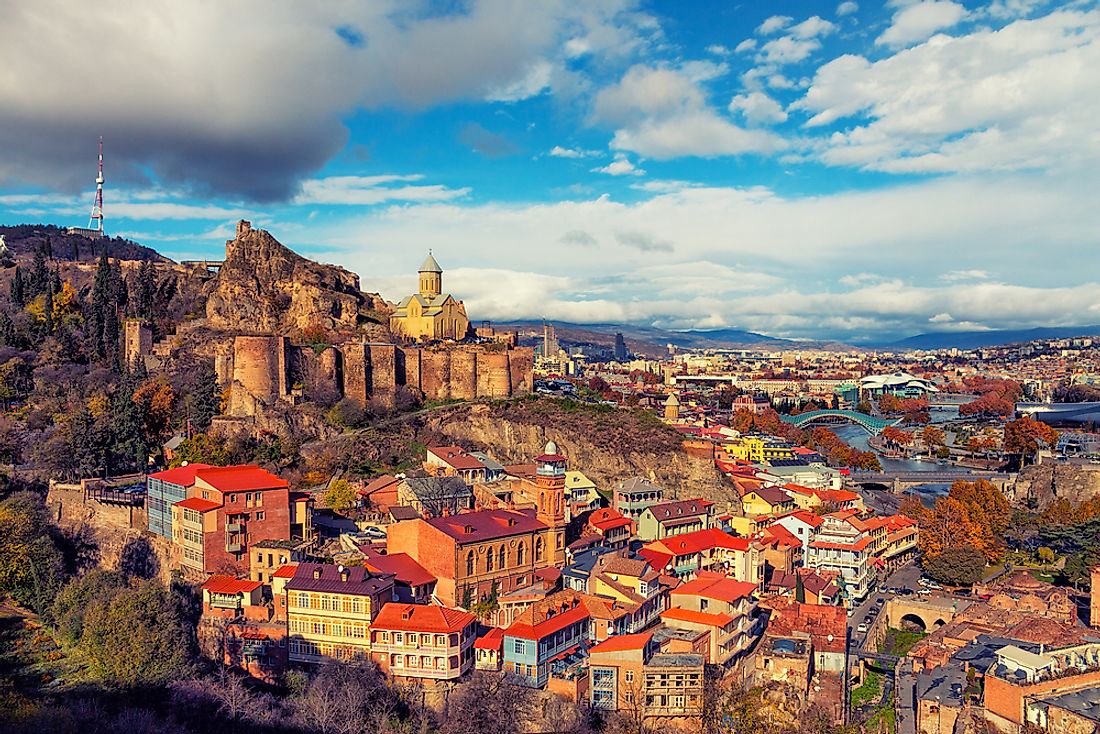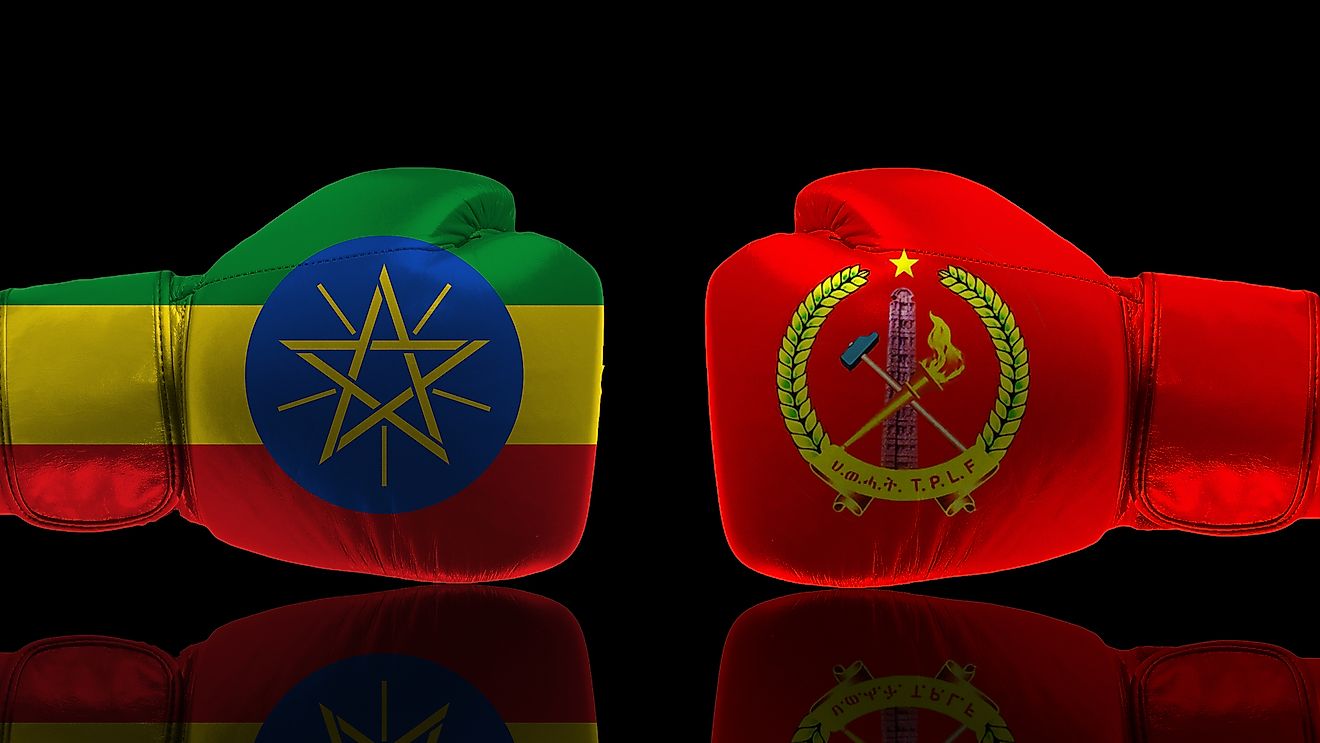Is Georgia in Europe or Asia?

The Republic of Georgia is an autonomous mountainous state in the Caucasus region, at the boundary between Europe and Asia. Whether Georgia is in Europe or Asia is dependent on many factors such as the global alliances, citizen passion, and cultural influence.
Georgia practices a representative parliamentary democracy with a unitary semi-presidential system, and its citizens speak the Georgian language. The capital city, also the most populous city in Georgia, is Tbilisi. The entire country boasts a population of roughly four million people. Historically, Georgia has been under different successive European and Asian rule for centuries, a factor that contributes to its dual identity.
Is Georgia in Europe or Asia?
Determining whether or not Georgia is a part of Europe or Asia is more difficult than it may seem. As the Caucasus Mountains are sometimes considered to be the easternmost border of Europe, the country of Georgia is technically located in Asia. However, culturally, many people in Georgia consider themselves part of Europe. The truth is that this Eurasian country could fit into either Europe or Asia, depending on which definition you use.
History
During the classical period, several Eurasian kingdoms conquered what is known today as Georgia. The Colchis and Iberia Kingdoms inhabited the region in the 4th century and introduced Christianity that is still prevalent in Georgia to this day. After the introduction of religion, the Georgia unity kingdom dominated the political and economic structures of the 12th and 13th centuries during the reigns of King David IV and Queen Tamar. Eventually, Georgia was conquered by several kingdoms including the Mongols, Ottoman Empire, and several Iranian rulers. The Eastern Georgian Kingdom forged an alliance with the Russian Empire in the 18th century who eventually annexed and conquered both Eastern and Western Georgia.
In 1917 following a revolution, Georgia established the first republic in the world governed by the social democratic ideology. This independence was brief as Russia invaded and absorbed Georgia into the Soviet Union in 1921, imposing socialist ideologies. Georgia regained its independence in 1991 with the fall of the former USSR. Although it has struggled with civil wars and Russian occupation, it has made significant gains in strengthening institutions.
Geography and Strategic Location
The Republic of Georgia is located at the intersections of Western Asia and Eastern Europe. It borders the Black Sea to the west, Russia to the north and Turkey, Armenia and Azerbaijan to the south. Georgia follows pro-western democracy and is a member of the UN, WTO, Council of Europe, European Bank for Reconstruction and Development, and the GAUM Organization for Democracy and Economic Development among others. On the Asian side, Georgia is a member of the Asian Development Bank but maintains close military ties with predominantly European States. Currently, Georgia is seeking to join NATO and the EU through radical democratic and institutional reforms. However, Georgia houses two “independent countries” that are Asian leaning and are recognized by Russia and some Asian countries. The country is led by an executive president as the head of state, and a prime minister as the head of government. The country has a unicameral parliamentary system.
Cultural Location
Though Georgians identify themselves as Europeans, their culture has an Asian identity. Georgian trade, music, architecture and food have the hallmarks of an Asian origin. Like all other Caucasian people, the Georgians do not fit into any of the major categories of Asia or Europe. The Georgian language is not Semitic, indo-European, nor Turkic.
Identity
Clinging to both European modernity and the Asian culture, Georgians, just like many in the Caucasus region, have historical backgrounds in Eurasia. Despite the topographical definition of Georgia, few Georgians identify themselves with Asia.











